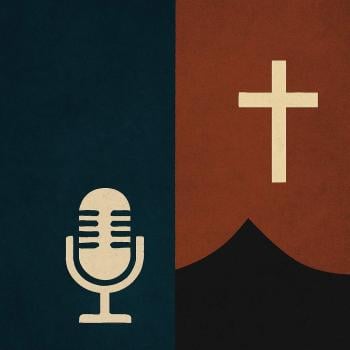A recent online event titled “Rethinking Faith in Media: A Conversation,” hosted by the Faith & Media Initiative (FAMI), spotlighted the growing conversation around how faith is portrayed in media and entertainment. FAMI, a nonprofit dedicated to promoting accurate representation of all faith traditions in media, used the gathering as a platform to raise critical questions: Is there a significant disparity between what believers and non-believers mean by faith? How is faith actually practiced, and how is it depicted... Read more

















